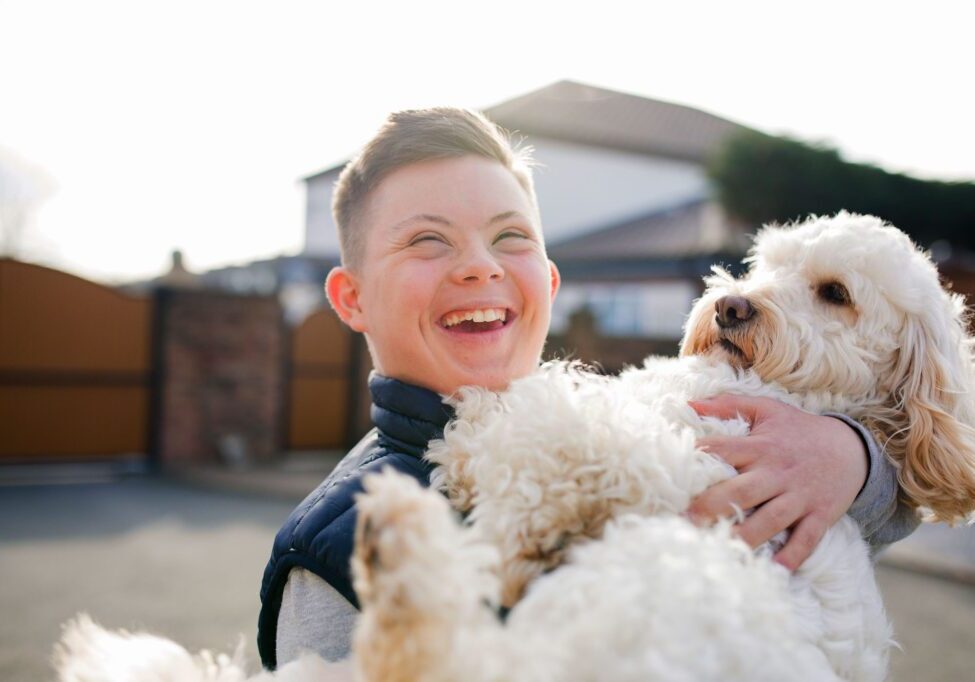Sensory play, occupational therapy and physical therapy are essential for fostering critical skills such as motor development, cognitive function and social interaction. Sensory play can reduce stress, improve focus and enhance overall well-being. Occupational therapy helps children and adults overcome challenges, develop independence and reach their full potential. Physical therapy complements these by improving strength, balance, coordination and mobility, enhancing overall bodily function and independence. The North State is fortunate to have a unique resource in Sensory Innovations, which specializes in providing these vital services while making a positive impact on the community.
Sensory Innovations owner and occupational therapist Cassie Breslin was introduced to the occupational therapy profession through her brother who has autism and sensory processing difficulties. Realizing how vital it is to have a space where children and adults can learn about their own sensory systems in a safe atmosphere, she opened Sensory Innovations in Redding in 2022 to, as she says, “help the community really have a sanctuary, a place where families could go and feel accepted and understood.”
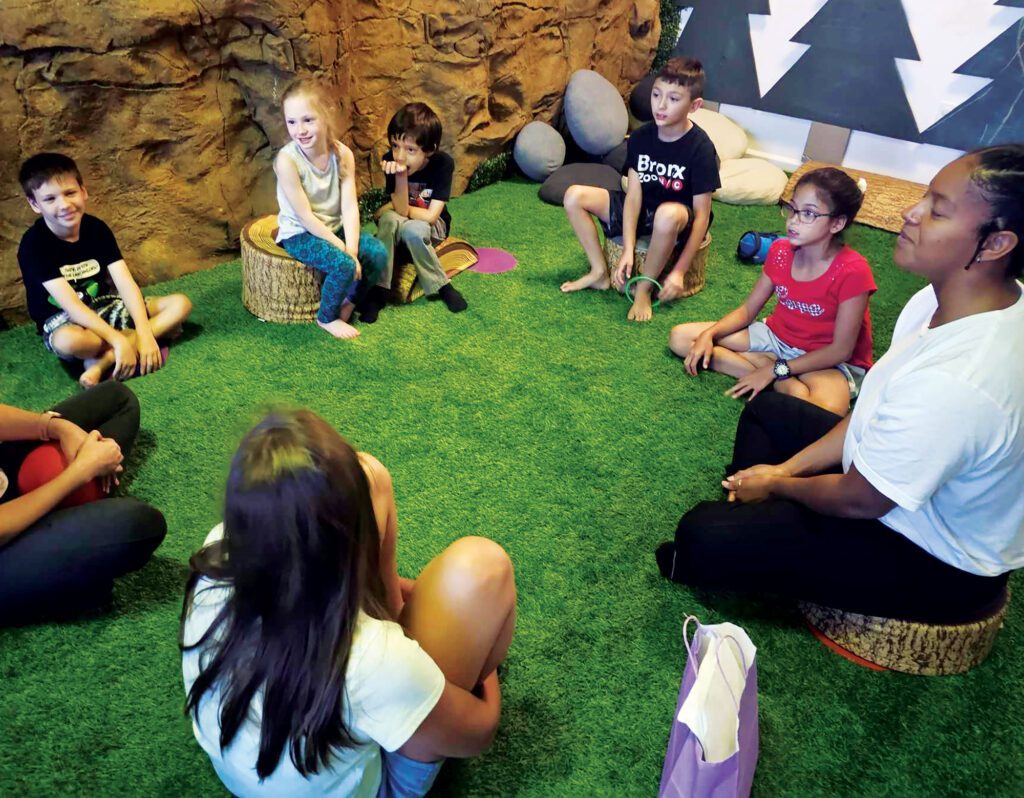
Sensory Innovations is a safe place where children with sensory sensitivity challenges can find acceptance and understanding along with physical and occupational therapy.
Understanding the role of occupational therapy in sensory processing
Sensory processing differences aren’t exclusive to children; they can significantly impact adults as well. People with sensory issues may experience heightened sensitivity to sounds, lights or textures or, alternatively, crave intense sensory input. These sensory challenges can present in various ways, often leading to difficulties in daily life. Frequently misunderstood and labeled as behavioral issues, these sensory experiences can create obstacles in many aspects of life.
Occupational therapy can help by teaching people how to manage these challenges. Therapists use special activities and techniques to help individuals better understand and respond to their senses. For instance, they might work on improving balance and coordination, developing coping strategies for overwhelming environments or finding ways to get the sensory input they need in a positive way. Occupational therapy provides a deeper understanding of how sensory input impacts a person’s ability to function in daily life. “When we address [the issues] from a sensory perspective, all those barriers fade away,» Cassie says.
Sensory Innovation makes play and therapeutic interventions accessible to the community
Navigating the health care system can be complex and overwhelming, especially for families with children who have special needs. Many barriers, including insurance coverage limitations and cumbersome referral procedures, often hinder access to essential occupational and physical therapy therapies. These hurdles can result in significant treatment delays or prevent families from seeking necessary care.
Sensory Innovations helps break down some of these barriers by offering a variety of membership options that include access to in-house occupational and physical therapy services and sensory playrooms. The rooms are equipped with various textures, sounds and visual elements and were crafted by occupational therapists. Some rooms provide a stimulating environment while others have a calming environment. Single-visit options are also available for families seeking a more flexible approach.
Sensory Innovations offers programs and events year-round
In addition to memberships, Sensory Innovations has space available to rent for private events like birthday parties. They also hold special events throughout the year, like sensory-friendly movie nights. Some events are aligned with the season, such as a sensory-friendly photo event called “Snapshots with Santa” held during the winter. There is also Sensory Summer Camp, which is designed and run by licensed occupational therapists. Cassie describes the camp as being focused on different skills, like fine motor, gross motor and sensory processing. “They’re really intensive in terms of getting a lot of skill acquisition fast,” she adds.
Sensory Innovations encourages family involvement through the Sensory Fitness Program, which focuses on body awareness, balanced strength and improved elasticity. They also support siblings through the SOS (Siblings of Special Needs) program. “It’s a way to help siblings feel valued and supported and know that they are not alone,” says Cassie.
There is no such thing as a one-size-fits-all treatment plan and Sensory Innovations is committed to providing individualized plans of care tailored to each person’s unique needs and sensory profile. They are open seven days a week for appointments and drop-ins and offer free tours of the space. For more information on hours and the services they offer or to book a sensory experience, visit sensoryinnovations.org.
Posted in: Special Needs
Comment Policy: All viewpoints are welcome, but comments should remain relevant. Personal attacks, profanity, and aggressive behavior are not allowed. No spam, advertising, or promoting of products/services. Please, only use your real name and limit the amount of links submitted in your comment.
You Might Also Like...

For Parents of NICU Babies, the Risk of Developing PTSD is Real
The emotional stress that parents experience when they have a child in the Neonatal Intensive Care Unit (NICU) can last long after their baby is discharged. Years later, certain sounds, […]
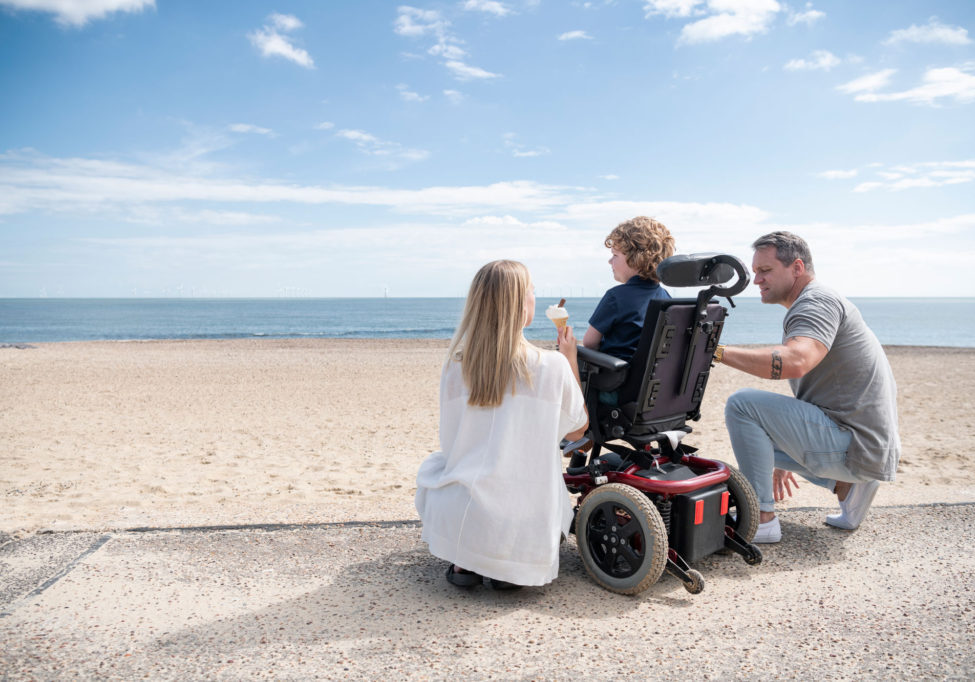
Special Needs Parenting: Financial Planning for The Future
Financial Planning for Children With Special Needs One of the most challenging aspects of special needs parenting is deciding what will happen to our kids when we’re unable to care […]

Red Bluff’s Big Splash Project – Creating An Inclusive Place For Children Who Love The Water
Sidelined by the pandemic, and now back on track Over the last year, the COVID-19 pandemic has taken a tremendous toll on local businesses and community endeavors, and The Big […]
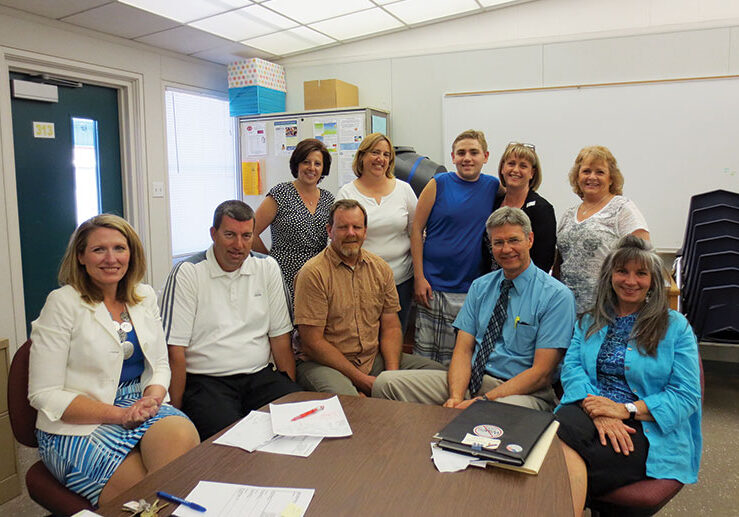
Top 10 Things To Do Before Your Child’s IEP
An IEP (Individualized Education Program) is very important for your child’s education. An IEP is a written statement of the educational program designed to meet a child’s individual needs – […]
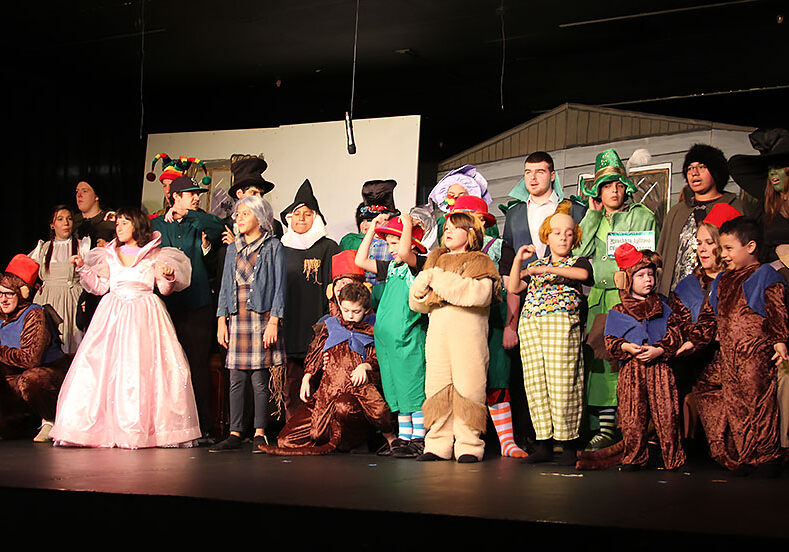
It’s Not Your Garden Variety Of Theatre Fun – Little Red Hen’s Summer Program for Children and Teens with Autism
The aptly named Not Your Garden Variety (NYGV) Theater in Chico is geared for children and teens with autism. Currently running as a six-week summer program, participants ages 4 to 17 […]



